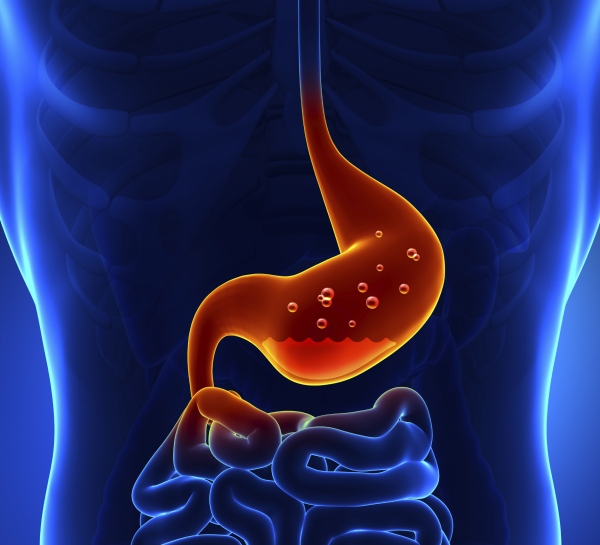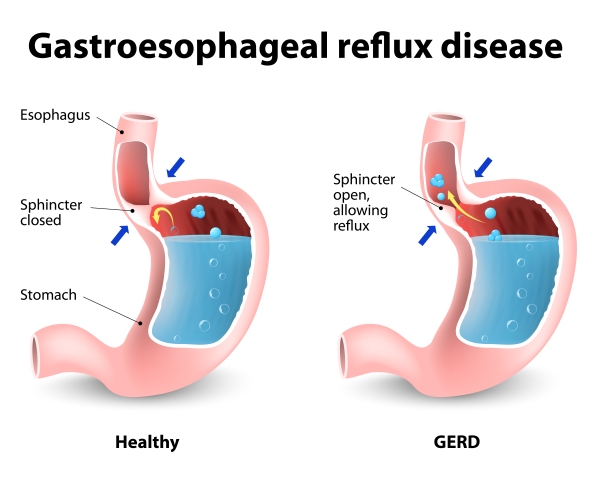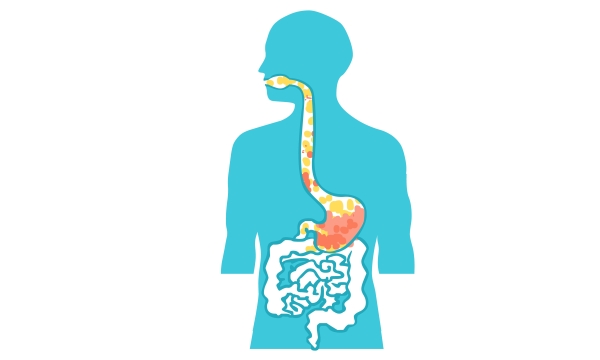Acid reflux DUI issues in Oregon include an exaggerated odor of alcohol detected by investigating officer, symptoms similar to vomiting, and an artificially high breath test reading.
[fusion_builder_container hundred_percent=”yes” overflow=”visible”][fusion_builder_row][fusion_builder_column type=”1_1″ background_position=”left top” background_color=”” border_size=”” border_color=”” border_style=”solid” spacing=”yes” background_image=”” background_repeat=”no-repeat” padding=”” margin_top=”0px” margin_bottom=”0px” class=”” id=”” animation_type=”” animation_speed=”0.3″ animation_direction=”left” hide_on_mobile=”no” center_content=”no” min_height=”none”]

Acid reflux is more commonly known as “heartburn,” and acid reflux occurs when acid from the stomach flows back up and into the esophagus (sometimes referred to as the “food pipe”) usually due to a relaxed, eroded, or faulty lower esophageal sphincter. The lower esophageal sphincter (LES) is a circular bundle of muscles at the low end of the esophagus that can open and close access to the stomach.
Acid reflux and heartburn are common digestive conditions that many people occasionally experience. When these signs and symptoms occur multiple times per week, the person may be diagnosed with gastroesophageal reflux disease (GERD). GERD is a chronic digestive disease that essentially consists of repeated or continuous acid reflux episodes.
The problem with both acid reflux and GERD in DUI cases is that the government assumes that there is a scientifically-exact correlation between the alcohol in the breath and the alcohol in the bloodstream. An officer who smells a high level of an odor of alcohol on a driver’s breath is likely to assume that the driver has a high level of alcohol in the driver’s blood. Similarly, an officer who sees or hears a driver belching or regurgitation is likely to assume that the person is vomiting or about to vomit because they are drunk. But of greatest concern is how acid reflux and GERD can affect breath testing.
Acid Reflux DUI and Breath Testing in Oregon
Oregon does not use Portable Breath Testing (PBT) devices for road-side breath testing. Oregon uses the Intoxilyzer 8000 for all breath testing in DUI cases. The premise the machine operates off of is that there is a correlation between the percentage of alcohol in the breath and the percentage of alcohol in the blood. But one of the fundamental flaws in the design of the Intoxilyzer 8000 is that it cannot detect between alcohol in the mouth vs. alcohol in the lungs. Alcohol that is in a driver’s stomach is not in the bloodstream, and therefore can’t possibly be causing impairment. However, alcohol in the driver’s stomach that back-flows into the esophagus due to acid reflux or GERD can make it’s way up into the machine while the test subject is exhaling, and can cause an artificially-high breath test reading. The company that makes the Intoxilyzer 8000 and the Oregon State Police claim that the device can detect alcohol in the esophagus or mouth, and will reject a high reading by using a “slope detector.” Unfortunately, this is not true. While the machine can detect anomalies that occur when someone with no alcohol in their breath attempts to blow into the machine with alcohol in the mouth, the machine cannot detect or distinguish between alcohol that is in the breath and alcohol that is also in the esophagus or mouth. For example, if someone had not been drinking at all, and suddenly swished their mouth with alcohol (such as mouthwash), the machine would likely catch this using slope detection. However, if someone had been light drinking, and then belched or regurgitated some alcohol into their esophagus or mouth due to acid reflux or GERD, the machine would likely not catch this using slope detection, and the machine would produce and artificially-high reading for that sample. All of this being said, it should be noted that Oregon’s breath testing protocols call for two breath test samples, so it would be unlikely for a driver to blow two nearly-identical artificially-high breath test samples. It would be more likely that the driver would blow two samples that would result in a “Sample Correlation Failure” (an error code of the Intoxilyzer 8000). In other words, suffering from acid reflux or GERD is not an automatic defense to the charge of DUI in Oregon, but it’s something your attorney should investigate to make sure the medical condition hasn’t resulted in inaccurate readings.[/fusion_builder_column][/fusion_builder_row][/fusion_builder_container]


